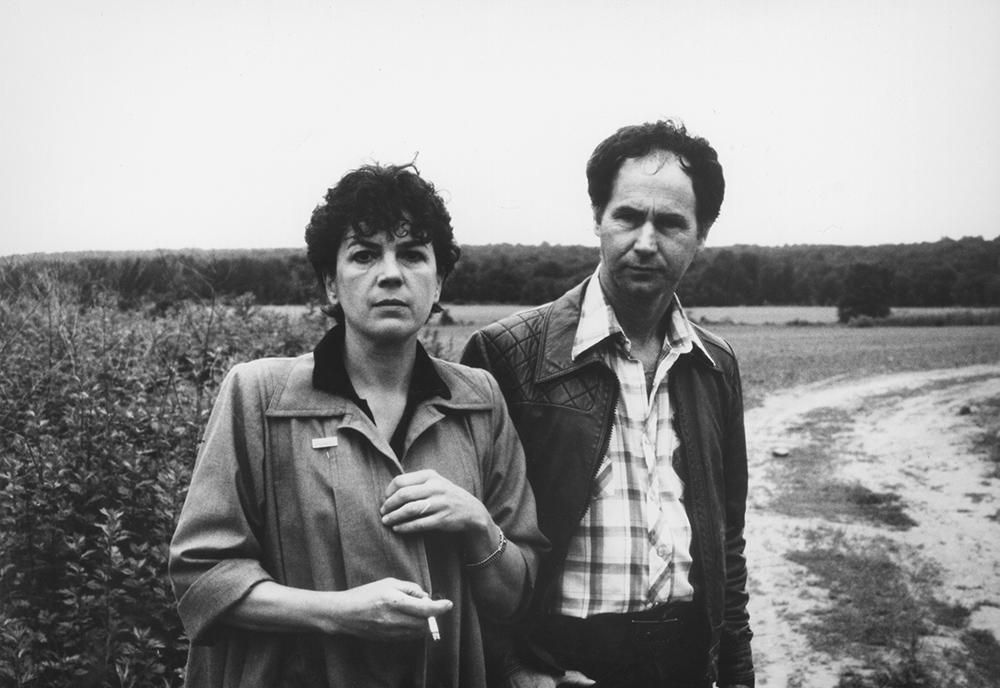Museum open at 12:00pm
Cinema is closed now
Museum open at 12:00pm
Cinema is closed now

Far from Poland is the most important film by the American director and theoretician Jill Godmilow (born 1943), inspired by the strikes at the Gdańsk Shipyard in August 1980. This is a groundbreaking work in the history of experimental documentary cinema, which challenged the conventions for building narrative, reflecting on the medium itself and its limitations in representing political events and conflicts. This film about Solidarity became a manifesto for the innovative concept of the “dramatary”—a dramatized documentary, on the boundaries of non-fiction, fiction, and contemporary art (via strategies familiar from video art and performance art). Overall, Godmilow’s oeuvre lies at the intersection of the worlds of film and art. She has to her credit an Oscar nomination and a win at the Sundance Film Festival, as well as a presence in the collection of MoMA in New York and participation in the Whitney Biennial.
In August 1980 Godmilow shot a film in Poland about the theater director Jerzy Grotowski, but after returning to New York she could no longer count on obtaining another visa. Nonetheless, she decided to tell the tale of Solidarity, which was just arising at that time, by creating Far from Poland. The core of the film is a staged reenactment of three interviews that appeared in the Polish press in 1981, with Solidarity activist Anna Walentynowicz, a censor codenamed K62, and a miner who was a composite character based on several press reports. This reenactment was a pioneering use of a performative strategy widely used today. The stagings are interwoven with fragments of reporting from Poland and an entirely fictional narrative.
Far from Poland is a major addition to MSN Warsaw’s rich collection of experimental films, due not only to its historical importance but also to the timeliness today of issues of artists’ political engagement and the possibility of artistic representation of social conflicts. The film also enables a confrontation of local narratives of modern Polish history with the “view from afar,” opening up new fields of interpretation of the works from the collection that allude to the communist past, the turning point of 1989, the post-communist transformation, and its consequences.